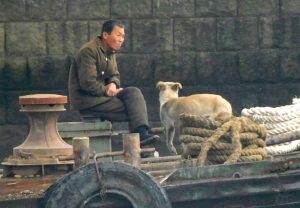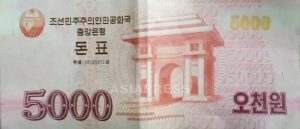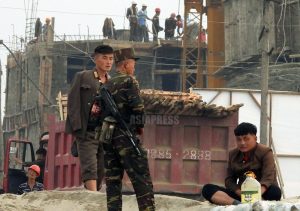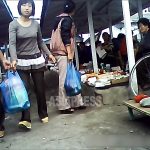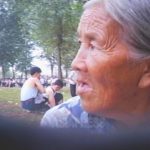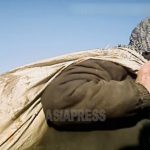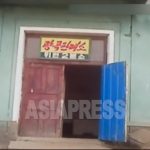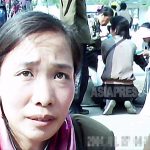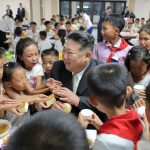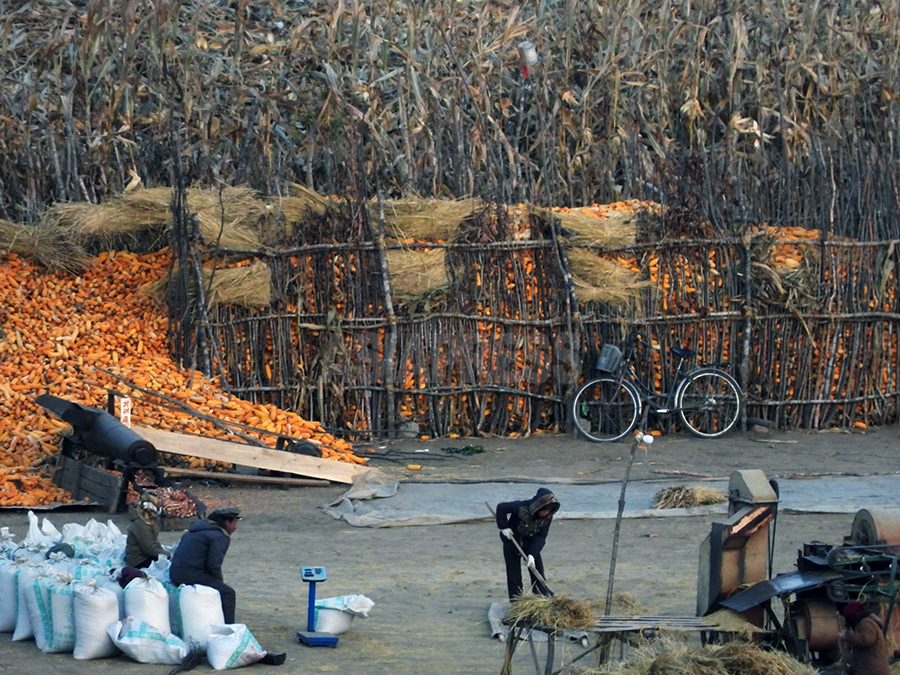
North Korea is undergoing significant changes in agricultural policy. The term "collective" has disappeared from "collective farms," and state involvement in agricultural production and product handling has decreased, greatly expanding farm autonomy. Since the early 2020s, agriculture-related laws have been continuously revised, and based on information from reporting partners in North Korea, it's clear that the Kim Jong-un regime has embarked on major agricultural reforms. It has been 70 years since Kim Il-sung set the goal of "feeding the people white rice and meat soup," and in the 13th year of the Kim Jong-un regime, nearly half of the population suffers from malnutrition. The current challenge is how to improve productivity while maintaining collective farming. We report on the reality of agricultural policy reform through a series of on-site farm investigations. (JEON Sung-jun / KANG Ji-won)
◆Secret Investigations Conducted at Two Domestic Farms
Major agricultural policy changes are being observed through revisions to agriculture-related laws and actual changes in farming practices.
Since 2020, the Kim Jong-un regime has been revising numerous agriculture-related laws. According to the "North Korean Code" released by South Korea's National Intelligence Service in August 2024, the "Farm Law" was revised as many as four times between 2020 and 2021. Additionally, the "Agricultural Law" and "Grain Management Law" were revised in 2020 and 2021, respectively. Through retrospective analysis of the revised agriculture-related laws, we could identify the general outline of North Korea's agricultural policy changes.
Another important source of information comes from field investigation reports by ASIAPRESS's reporting partners in North Korea. The two reporting partners who investigated farms both reside in North Hamgyong Province. Reporting Partner A is a farm worker, while Reporting Partner B lives in an urban area and continuously conducts on-site investigations of nearby farms. Both farms are typical northern region farms with about 500 workers each, focusing more on field crops than rice paddies.
The changes at local farms reported by these reporting partners were confirmed to be related to the revised agricultural laws in many aspects. The purpose of this series is to examine the reality of the Kim Jong-un regime's new agricultural policies by comparing legal systems with actual farm operations.
For this purpose, we will publish articles divided into three aspects: 1. Production 2. Distribution 3. Circulation.
ASIAPRESS's investigation is limited to some northern regions. We had almost no access to information about the breadbasket regions in the central and southern parts, including Hwanghae Province, which constitutes an important part of North Korean agriculture. Therefore, we acknowledge limitations in extrapolating our findings to North Korean agriculture as a whole.
◆Farms in Transformation: Has Farmland Been Nationalized?
Since the summer of 2022, North Korean state media has replaced the term "collective farm" with "farm." While researchers and media have speculated about the background of this change, nothing was certain. ASIAPRESS suspects that this name change is related to a policy shift toward the nationalization of farmland. Land ownership is a critical issue that affects overall agricultural policy.
Article 11 of North Korea's Land Law (revised in May 2022) states:
"Land owned by Collective entities is the collective property of workers involved in Collective management."
Also, Article 23 of the North Korean Constitution (revised in September 2023) states:
"The state gradually transforms collective ownership into all-people ownership according to the voluntary will of all members in collective entities by... raising the ideological consciousness and technical and cultural levels of farmers and enhancing the leading role of all-people ownership over collective ownership..."
All-people ownership is a North Korean expression meaning state ownership. The policy of nationalizing collective ownership has been emphasized by North Korea since the Kim Il-sung era. Collective farms are something that must be overcome to achieve complete victory of socialism, that is, to transition to a communist society.
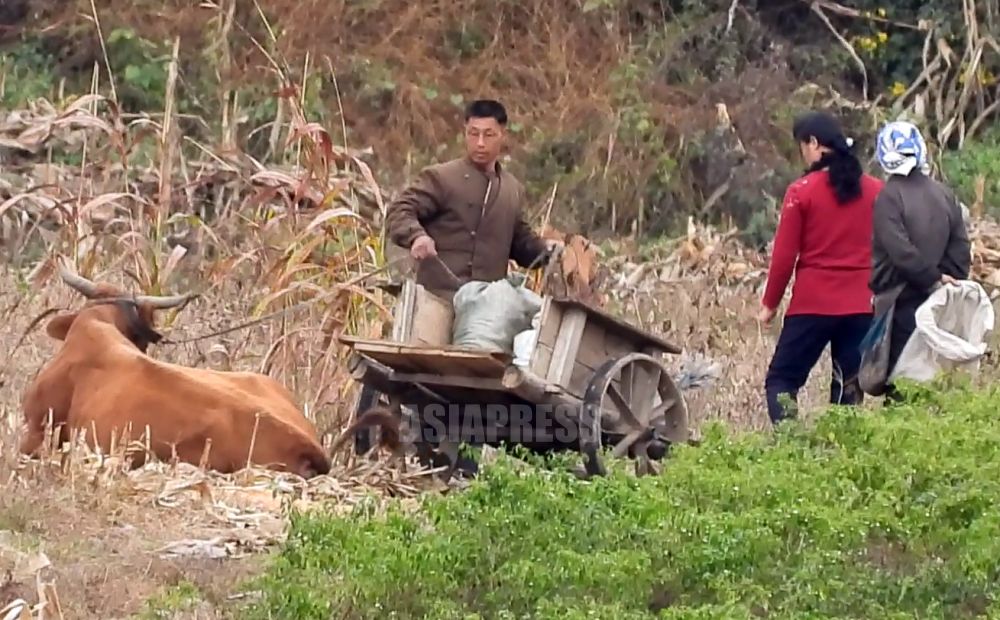
◆Why Has "Collective" Disappeared?
In October 2024, ASIAPRESS confirmed that the name "collective farm" had actually changed on-site. Reporting Partner B conveyed the findings as follows:
"Now they've eliminated the concept of collective farms and call them 'OO Farm,' attaching the regional name to each district."
In a February report, another reporting Reporting Partner, A, reported that the term "collective" had also disappeared from the farm to which they belonged, but there was no separate explanation for such a change at the farm level.
"The change from 'collective farm' to 'farm' last year doesn't seem to have any special meaning. It's just a name change, everything else is the same."
When ASIAPRESS asked if the farms had been nationalized, A replied that they had not been nationalized, saying, "I understand that breadbasket regions (like Hwanghae or Pyongan provinces) have been made state-owned because grain production is the priority, while most rural areas in mountainous regions have been changed to farms."
However, it is unclear whether A's statement refers to state farms that previously existed in some areas of Hwanghae Province or is a direct result of recent policy changes.
The renaming of collective farms could be a transitional measure for the nationalization of farmland, but it is also possible that the authorities carried out the nationalization of farmland but did not actively announce it due to concerns about farmers' agitation and backlash.
The fact that the nationalization of farmland has not occurred despite the long time that has passed since the completion of agricultural cooperativization in 1958 when private land was converted to collective ownership, suggests that land ownership remains a very sensitive issue. (To 2 >>)
※ASIAPRESS communicates with its reporting partners through Chinese cell phones smuggled into North Korea.
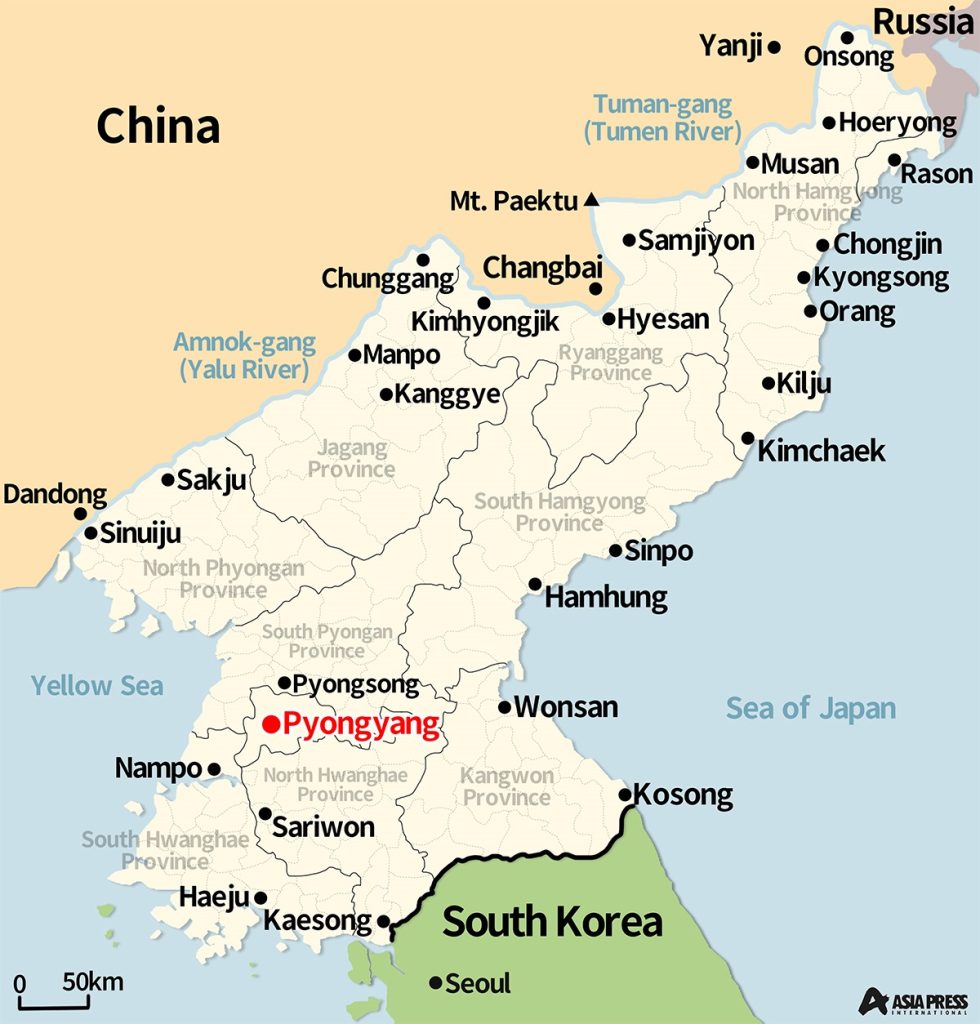
<North Korea Special>What is the Reality of Kim Jong-un's Agricultural Policy Reform? (1) "Collective" Disappears from Farms Major Revisions to Agricultural Regulations
